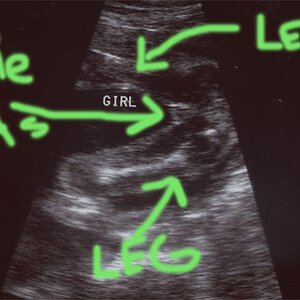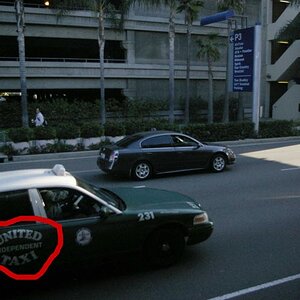Are there any viable alternative fuel sources other than (dirty) coal, that would make electric cars really that much cleaner?
Heard a report that countries around the world are setting deadlines when all cars on the road have to be electric, or at least a big percentage of the cars.
But is that a smart idea, considering that most of electricity is coal-based? Unless we go nuclear.
(I'm imagining that it's much worse to have coal-powered-electrically-charged cars than regular fuel, because the coal toxins are released into the air in the United States which makes it a local pollutant as opposed to the oil coming from somewhere else. And the cars themselves have probably cleaner Mufflers than the coal manufacturers in the United States. Is that right?)
Heard a report that countries around the world are setting deadlines when all cars on the road have to be electric, or at least a big percentage of the cars.
But is that a smart idea, considering that most of electricity is coal-based? Unless we go nuclear.
(I'm imagining that it's much worse to have coal-powered-electrically-charged cars than regular fuel, because the coal toxins are released into the air in the United States which makes it a local pollutant as opposed to the oil coming from somewhere else. And the cars themselves have probably cleaner Mufflers than the coal manufacturers in the United States. Is that right?)













